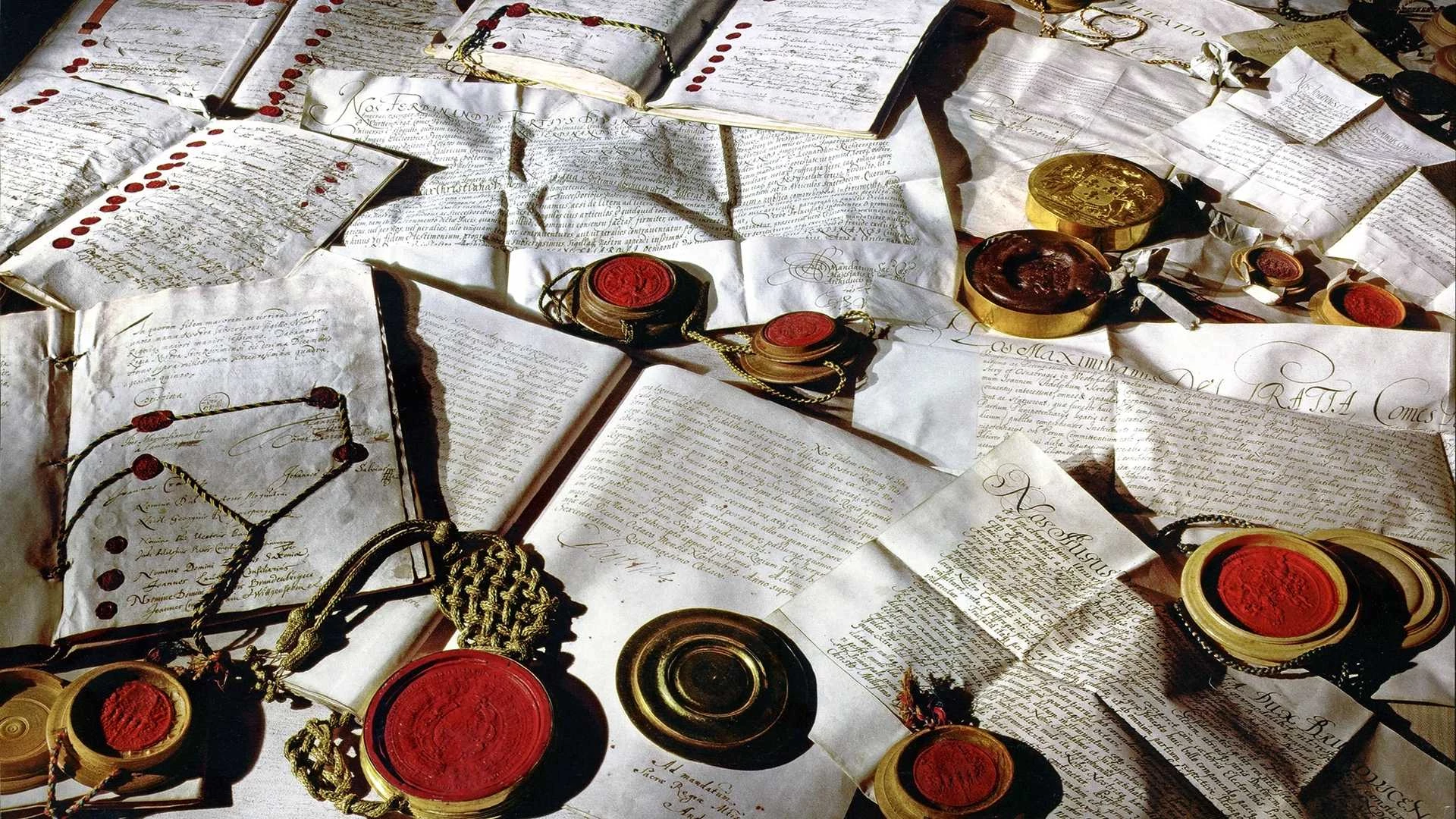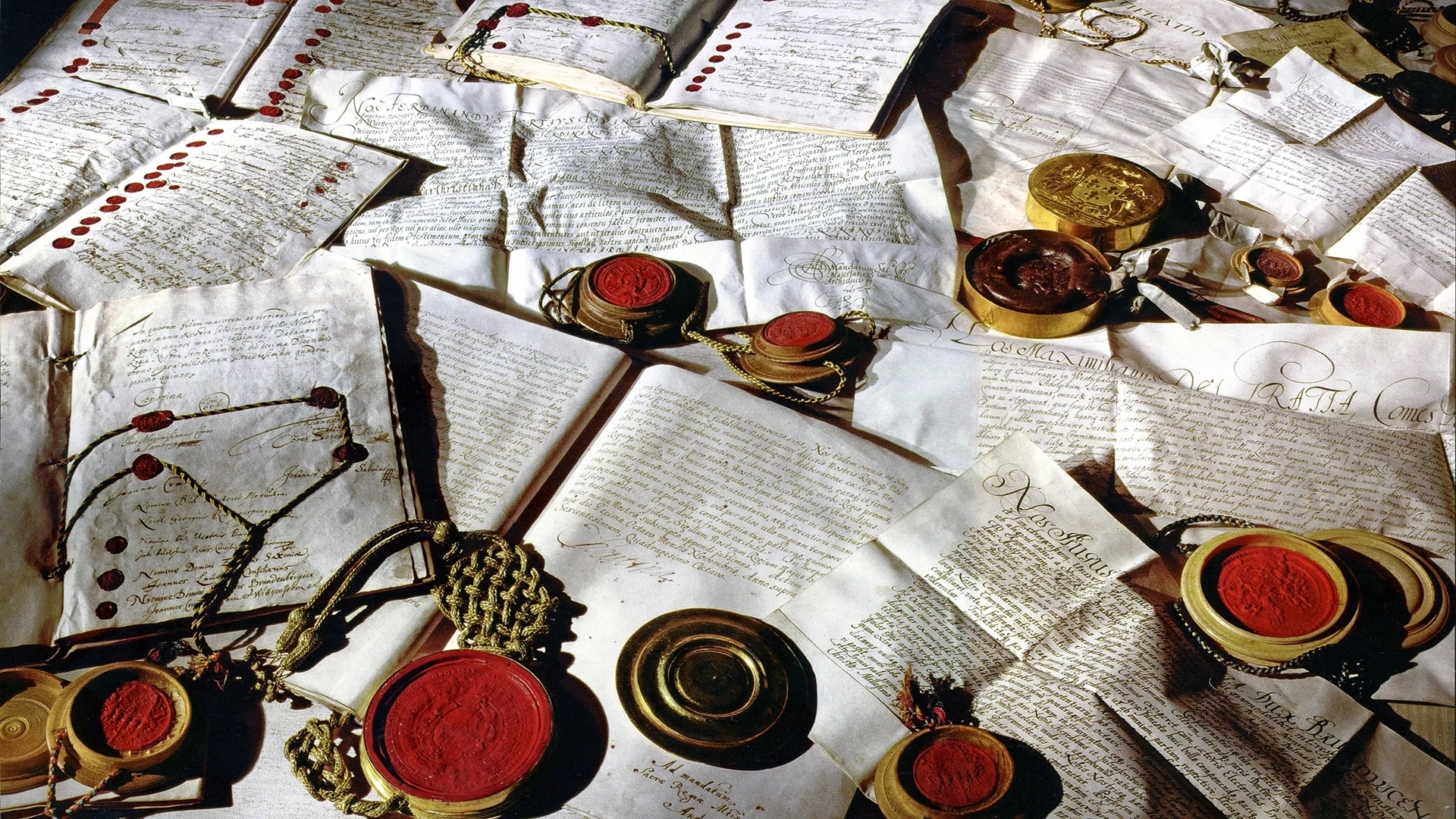Längsschnitt: Frieden
The Treaty of Versailles 1919
"The moment of reckoning is here. You have asked for peace. We are disposed to grant it." With these words, French Prime Minister Clemenceau welcomes the German delegation to Versailles on May 7, 1919. After the end of the First World War, the victorious powers have negotiated the terms of peace without the German Reich. Now they are presented to the German delegates – and come as a shock. Hopes for a peace of understanding as advocated by US President Wilson are not fulfilled. There is no forgiving and forgetting. Instead, sole war guilt is assigned to the Reich. For many Germans it is a "shameful peace". Soon, the National Socialists will take advantage of the anti-Versailles climate for their rise to power. | In this film version, German interviews and historical or literary quotes remain untranslated.
mehr
weniger
Europe, First World War, World War One, World War I, France, German Reich, Germany, Germans, Compiègne, Compiegne, capitulation, ceasefire conditions, western powers, allies, German Empire, revolution, republic, sea blockade, peace, Woodrow Wilson, democratic peace resolution, peace of understanding, world order, League of Nations, Georges Clemenceau, Great Britain, David Lloyd George, balance of power, USA, America, peace policy, peace terms, Russia, Soviet Union, October Revolution, communism, conquering powers, Count Brockdorff-Rantzau, blame for the war, war guilt, guilt paragraph, troops, dismantling of industrial plants, reparations, shameful peace, Peace Treaty, resolution of international conflict, Rhineland occupation, occupation of the Rhineland, Weimar Republic, radicalisation
Geeignet für die Fächer:
Geschichte
Rezension:
Kombiniert starke visuelle Eindrücke mit einer historischen Erzählung und Kommentaren hochkarätiger Wissenschaftler.


